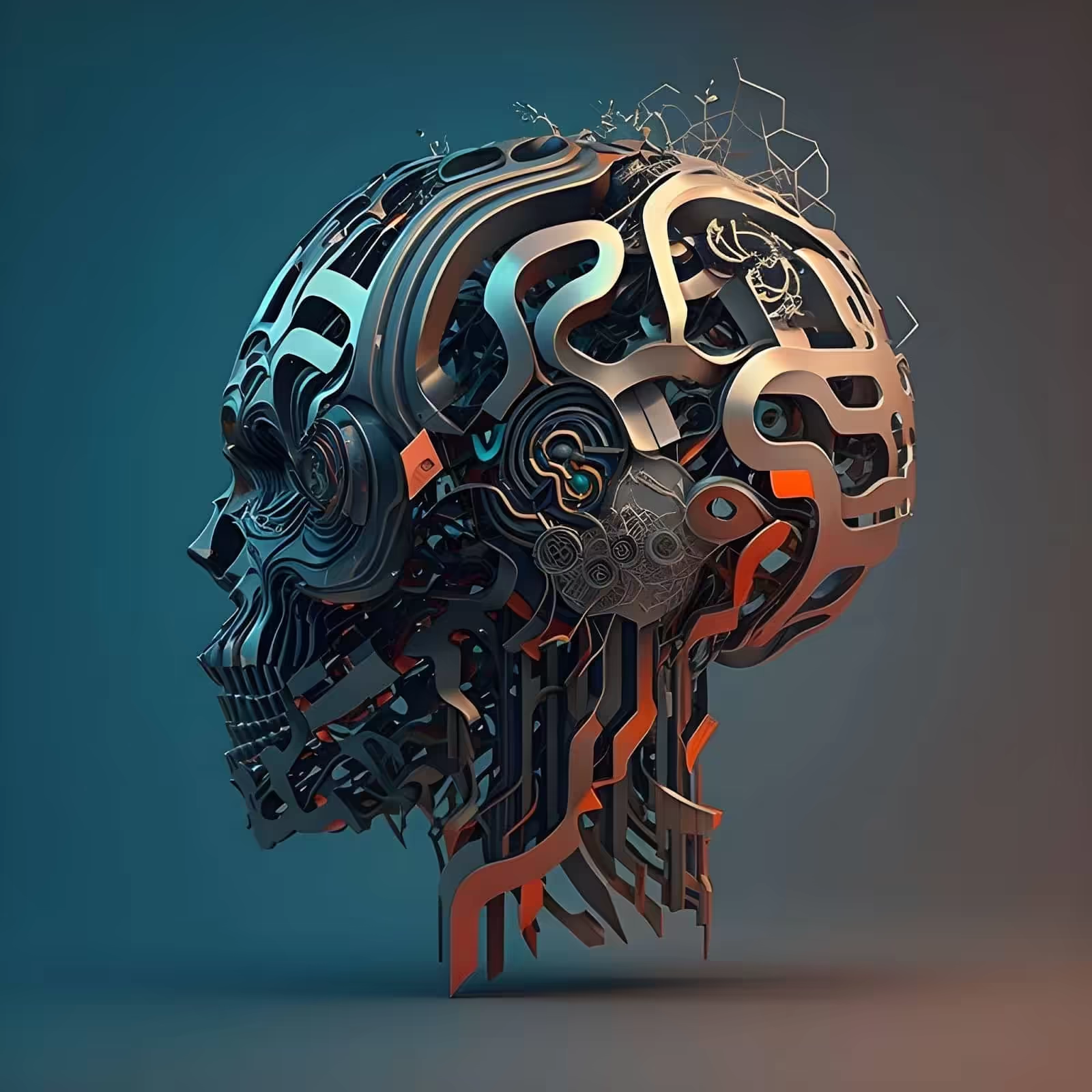Emotional AI, commonly known as Affective Computing, refers to developing and studying artificial systems designed to recognize, interpret, process, and even simulate human emotions. Unlike traditional artificial intelligence that primarily focuses on logical reasoning and task execution, Emotional AI delves into the intricate realm of human affect, aiming to bridge the gap between mere computational decision-making and genuine emotional understanding. This innovation pushes the boundaries of what machines can perceive and understand from human users. It goes beyond the primary pattern recognition or logical algorithms that AI typically operates on.
Applications of Emotional AI in Various Industries
Healthcare:
Emotional AI has been a game-changer in monitoring patient well-being and mental health. Wearable devices can now track physiological indicators, such as heart rate variability, to assess stress levels or predict anxiety attacks. Furthermore, therapists and caregivers use these systems to observe subtle facial cues during counseling sessions, providing real-time feedback and facilitating more effective interventions. Such technology is particularly beneficial for patients struggling with verbal communication, like those with autism or certain neurodegenerative conditions.
Automotive Industry:
Safety in the automotive sector gets a boost with the integration of Emotional AI. Vehicles equipped with in-cabin sensors and cameras can monitor drivers for signs of fatigue, distraction, or stress. Upon detecting these states, the system might alert the driver, adjust environmental settings (like cabin lighting or temperature), or even take control in extreme cases to prevent accidents.
Marketing and Retail:
Brands have started harnessing Emotional AI to fine-tune their marketing strategies. Companies can gain deeper insights into what resonates with their audience by analyzing consumers' facial expressions or vocal reactions to advertisements, products, or in-store experiences. Such data-driven feedback allows brands to tailor their offerings more effectively and enhance customer satisfaction. Also, emotional AI will be able to allocate your to-do list responsibilities for you more accurately. While this is impossible, you can use various services like work management solutions to simplify your work routine.
Education:
The academic world is no stranger to the benefits of Emotional AI. Educational platforms can adjust content delivery in real-time by monitoring students' facial expressions and physiological responses during lessons. For instance, if a student shows signs of confusion or frustration, the system might slow down, offer supplementary materials, or present the information differently. This adaptive learning approach ensures students receive personalized instruction, improving comprehension and engagement.
Enhancing Human-Machine Interactions
Emotional AI serves as a bridge, closing the gap between cold, logical machine responses and the rich tapestry of human emotion. When voice assistants, like those found in smart homes or smartphones, can detect user frustration or confusion, they can adjust their replies or even their speaking tones. Imagine asking a voice assistant repeatedly about a specific task and, sensing your growing impatience, it responds with a more concise answer or offers an alternative solution. Such intuitive interactions make voice assistants not just tools but more like adaptable companions that understand and cater to individual emotional needs.
Chatbots equipped with Emotional AI capabilities in digital communication elevate user experience. These chatbots can discern whether a user is content, annoyed, or distressed by analyzing text sentiment or voice inputs. Based on this assessment, they can tailor their responses, provide empathetic support, or even escalate the query to a human representative. This dynamic approach to interaction ensures that users feel acknowledged and understood, fostering trust and satisfaction in the machine-human relationship. The result is efficient problem resolution and a more personalized and emotionally attuned user experience.
Ethical Considerations and Privacy Concerns
A primary concern with Emotional AI is the matter of consent. Do individuals know that their emotions are being monitored and interpreted by machines? And if they do, have they willingly agreed to it? In several instances, users might interact with systems equipped with Emotional AI capabilities without explicit knowledge of the extent to which their emotional states are being gauged. Ensuring transparency and obtaining explicit consent is crucial to maintaining ethical standards and user trust.
Accuracy and Biases:
Like all AI models, Emotional AI systems are trained on data, and the quality and diversity of this data directly impact their performance. Suppose these systems are predominantly trained on data from certain demographic groups. In that case, they may not perform as accurately for others, leading to misinterpretations or biases. Ensuring such systems are inclusive and tested across diverse populations is essential to avoid inadvertently perpetuating or amplifying biases.
The Future of Emotional AI and Its Implications
As Emotional AI continues to evolve, one tantalizing prospect is that of machines possessing their own simulated emotions. While they still lack consciousness or genuine feelings, these systems could exhibit behavior that mimics emotions based on learned patterns and algorithms. This could mean machines that express joy upon completing a task, show "frustration" when encountering repetitive errors, or even exhibit "care" when interacting with users. Such advancements could transform our perception of machines from mere tools to more relatable entities, potentially fostering deeper bonds between humans and technology.
On a more profound note, the role of Emotional AI in mental health support could be revolutionary. Imagine AI therapists who can provide immediate, personalized feedback and coping strategies or digital companions capable of offering emotional support during loneliness or depression. However, this seamless integration comes with its dilemmas. As machines become more adept at understanding and simulating human emotion, they may blur the lines between human-machine relationships. Will we begin to value machine interactions as much as, or even more than, human connections? And if so, what does that imply about the future of our social fabric? These questions underscore the importance of treading thoughtfully and ethically as we usher in this new era of emotionally intelligent machines.



